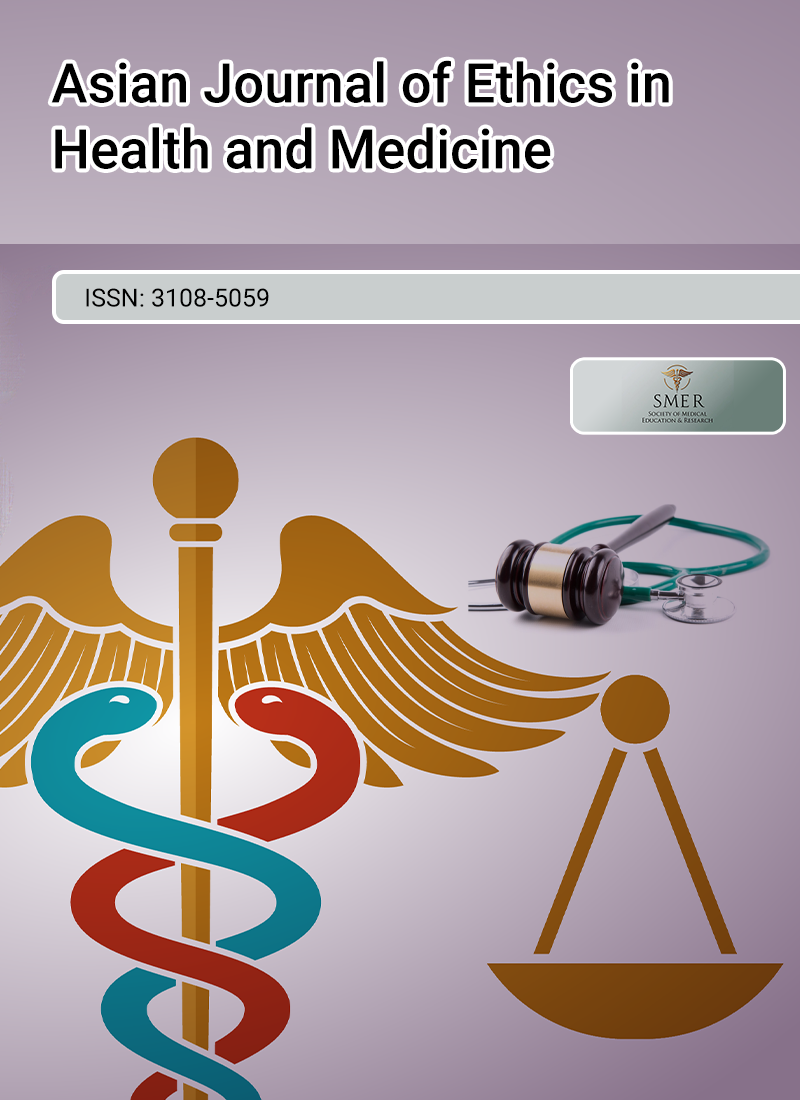
Conducting research in acute myocardial infarction (AMI) is challenging because patients are acutely ill and often in a suboptimal state to provide informed consent. The extent to which patients understand verbal assents in AMI research has not been previously studied. The Patients Acceptance and Comprehension to Written and Verbal Consent (PAC–VC) study aimed to compare patients’ understanding and attitudes toward verbal versus written consent in AMI randomized controlled trials (RCTs). PAC–VC enrolled patients from three AMI trials, including those who provided verbal consent (N = 12) and written consent (N = 6). Patients’ understanding was assessed using two survey tools. The first included open-ended questions with multiple-choice answers, and the second used a 5-point Likert scale to evaluate understanding and attitudes toward the consent process. Overall scores were categorized as Adequate understanding (71–100%), Partial understanding (41–70%), and Inadequate understanding (0–40%). Patients who gave verbal assent demonstrated adequate understanding of most informed consent components, comparable to those who provided written consent. Many patients did not fully read written information and felt it was not essential for making a final decision. While patients preferred having written information available as part of the consent process, they did not consider it necessary during the initial consent discussion. Participants in the verbal assent group reported feeling less pressured compared with those in the written consent group. Patients exhibited adequate understanding of verbal assent, similar to written consent. Verbal assent in acute care settings warrants further evaluation in larger trials.